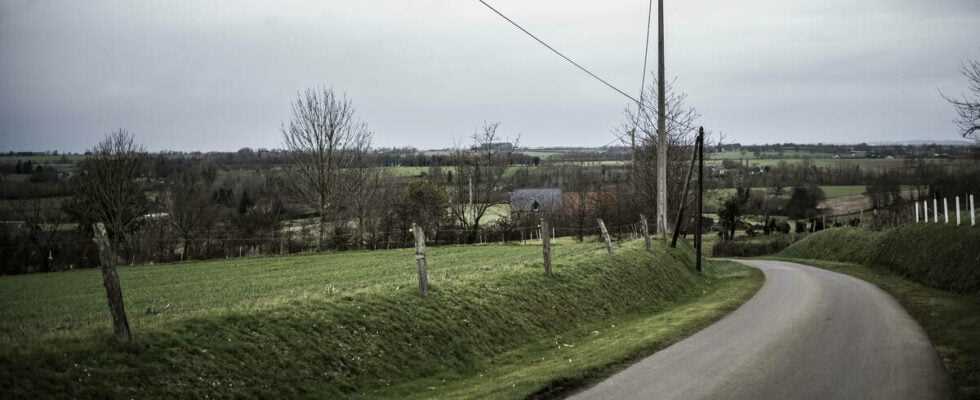Ticki and Opaline can bray in peace. In February, when we ventured on the land of these two donkeys, in Saint-Senier-de-Beuvron (Manche), the news was bad. A few meters from their enclosure, and 114 from the house of their masters Dimitri and Anne-Laure, nine domes housing communication antennas with satellites were to hatch on a field. A construction signed Elon Musk.
The project, called Starlink, is an Internet access service launched by the American billionaire. Its objective would be to allow the inhabitants of areas poorly served by the fixed and mobile networks of telecom operators to access the world wide web… thanks to thousands of small satellites in low orbit (550 kilometers). Thus, the ground station of Saint-Senier-de-Beuvron should, by 2025, capture the signals of a constellation of 12,000 satellites. Likewise for those planned in Gravelines (North) and that already established in Villenave-d’Ornon (Gironde), in the Bordeaux suburbs. Finally, the Norman and Nordic projects will not see the light of day.
Arcep (Electronic Communications Regulatory Authority) had nevertheless validated these projects but Starlink, a subsidiary of Space X also directed by Elon Musk, finally asked for their repeal, on January 20 for Gravelines and on January 4 for Saint-Senier- de-Beuvron. “I think society preferred to avoid the conflict given our mobilization”, indicates to Libé the former regional councilor of Basse-Normandie and co-founder of Attac François Dufour, a native of the village. Indeed, the town hall of the Norman village had issued an “opposition decree” in December 2020 and the inhabitants had firmly rejected the installation in front of the media. The mayor of Gravelines had also refused to grant the building permit in the first quarter of 2021.
In both cases, residents were concerned about the potential effects of wave emissions from these stations intended to communicate to Starlink’s small satellites. “Some had started looking for a way to sell their home and were worried about the decline in value. Morally, it was not easy”, regrets François Dufour. Especially since, as he recalls, Starlink no longer gave them any sign of life.
Even so, the National Frequency Agency, managers of radio frequencies in France, considered for its part that these stations, transmitting only towards the sky, did not present a risk for the population, leading Arcep to validate the project. For the former regional councilor, this case should serve as a lesson: “When we have this type of unprecedented request, in Paris, the State tends to give authorizations without further dialogue with the populations of the territories concerned. This must change.”
If this cancellation represents a local victory, it is far from signing the end of the Starlink project. According to estimates by the specialized press, the subsidiary has already launched nearly 2,000 small 250-kilogram satellites into space, of which just over 1,500 are actually active. In addition, the service currently has more than 100,000 subscribers worldwide.
In an article published in December, Release reported the results of a study estimating that 37% of the world’s population has never been able to access the Internet. That is 2.9 billion people, most residing in countries that are among the least developed.
The main reason ? Not the lack of access to an internet network, but the lack of means to pay for a computer or a subscription. In the most precarious nations, the purchase of a mobile broadband plan would indeed represent 20% of gross national income per capita. In rich countries, this percentage drops to 2%. Not sure that putting thousands of satellites into orbit will fill these wallets.
Failing to have the domes next to them, Ticki and Opaline will in any case at least be able to admire new stars twinkling at night. Perhaps, in the company of new colleagues: “We will leave the field fallow and a few cows go there”smiles François Dufour.
